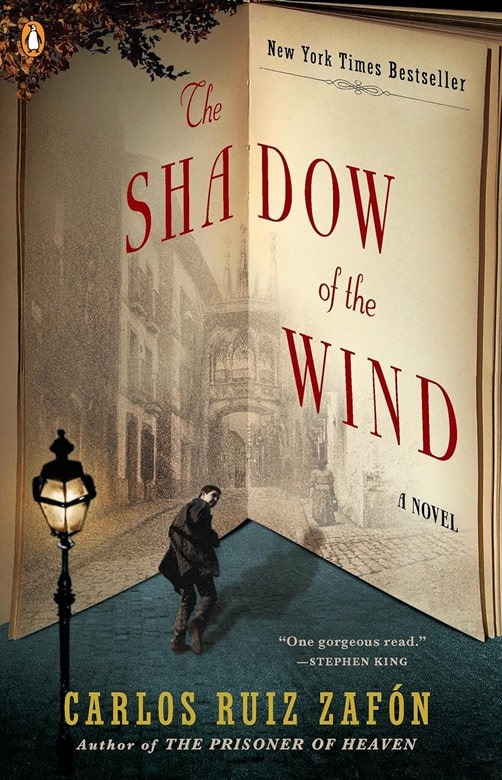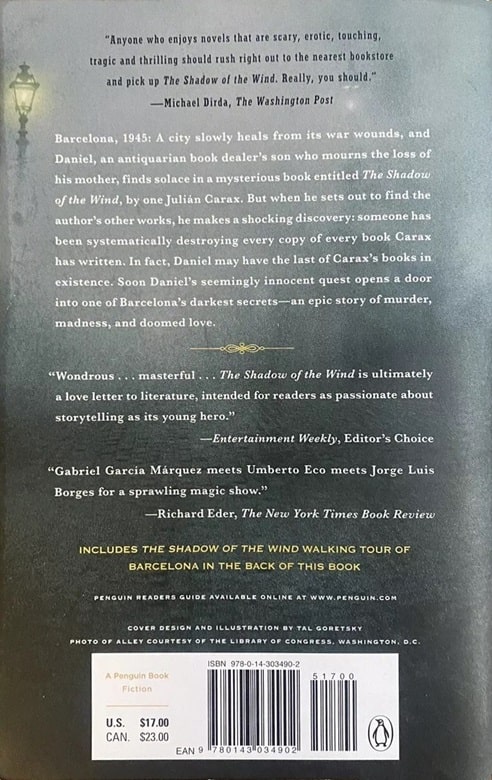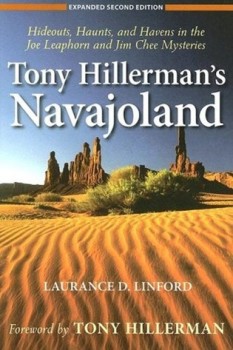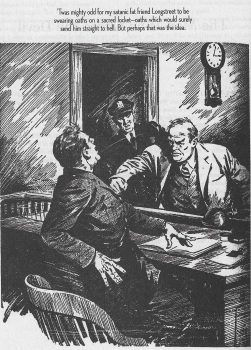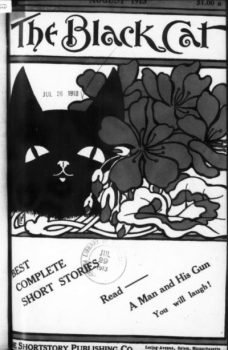The Best of Bob: 2024
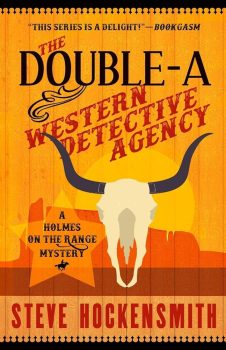 Happy 2025! Let’s kick butt for another year. Or at least, limp to the finish 52 weeks. from now. I take what I can get. I started a Best of Bob feature last year. And while it may seem I’m constantly finding folks to write my column for me (hey – it’s a gift!), some of you Black Gaters may be surprised that I occasionally actually write my own essays for the Monday morning slot. John O’Neill is too savvy an editor for me to completely fool him for over decade.
Happy 2025! Let’s kick butt for another year. Or at least, limp to the finish 52 weeks. from now. I take what I can get. I started a Best of Bob feature last year. And while it may seem I’m constantly finding folks to write my column for me (hey – it’s a gift!), some of you Black Gaters may be surprised that I occasionally actually write my own essays for the Monday morning slot. John O’Neill is too savvy an editor for me to completely fool him for over decade.
So here are what I thought were ten of my better efforts in 2024. Hopefully you saw them back when I first posted them. But if not, maybe you’ll check out a few now. Ranking them seemed a bit egotistical, so they’re in chronological order. Let’s go!
1) Roaming the Old West, with Holmes on the Range (February 5, 2024)
It might look like I just throw something together every week (and looks aren’t always deceptive). But when I can find the time, I love putting together something special. And after reading/re-reading the entire series, I really nailed a three-part series on Steve Hockensmith’s Sherlock Holmes influenced, Old West mysteries about cowboy brothers Old Red and Big Red.
I followed up a pretty solid series overview, with the first-ever comprehensive chronology! And then, we rounded it out with a great Q&A from Steve himself. This is a terrific series: a great read, and solid on audiobook. Late in the year, the first two novels in a spin-off series that’s more Old West adventure than Holmes-flavored, came out. I’m looking forward to more of all aspects of the Double-A Western Detective Agency.

